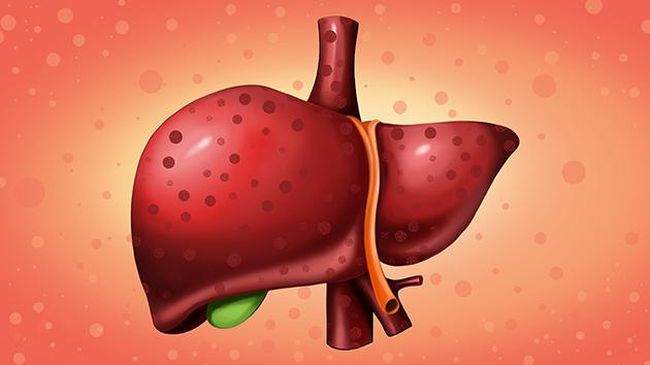Jakarta, CNBC Indonesia – A mysterious case of acute hepatitis suddenly hit many countries, including Indonesia. Until now, the mysterious hepatitis disease is still unknown.
Hanifah Oswari who is a Pediatrician Consultant Gastro Hepatology RSCM FK UI, said the initial symptoms of acute hepatitis were nausea, vomiting, abdominal pain, diarrhea, sometimes accompanied by low-grade fever. Furthermore, the symptoms will get worse, such as thick urine like tea and pale white bowel movements.
If the child experiences these symptoms, parents are asked to immediately check the child to the nearest health service facility to get an initial diagnosis.
Do not wait until the yellow symptoms appear, even until you lose consciousness because this condition indicates that the hepatitis infection is very severe. If it is too late to get medical treatment, the doctor’s momentum to help the patient is very small.
“Take our children to the nearest health facility to get help from health workers. Don’t wait until the symptoms are more severe, because if they are severe, we lose the momentum to be able to help faster. Especially if there is a decrease in consciousness, the chance to save him is very small,” said Hanifah.
The Ministry of Health also stated the same thing. The Ministry of Health asks related parties such as to inform the public to immediately visit the nearest health service facility (fasyankes) if they experience jaundice, and build and strengthen monitoring networks across programs and across sectors.
Through Circular Letter Number HK.02.02/C/2515/2022, the Ministry of Health asks the provincial and district/city health offices, port health offices, public health laboratories, and hospitals to monitor and report cases of acute jaundice syndrome in the early warning system, among other things. and response (SKDR).
Mysterious hepatitis has been reported to affect children aged 1 month-16 years. Acute hepatitis is said to be mysterious because it does not arise from the virus that causes hepatitis AE.
This virus was first reported in the United Kingdom on 5 April. Then, on April 8, there were 3 other countries that reported similar cases.
The World Health Organization (WHO) then determined the spread of this mysterious hepatitis as an Extraordinary Event (KLB) as of April 15. Nearly a week later, 170 cases were reported in 12 countries.
This mysterious disease is thought to have entered Indonesia because on April 16-30 there were 3 cases of acute hepatitis children who were found dead.
(Intan Rakhmayanti Dewi/dem)
–


